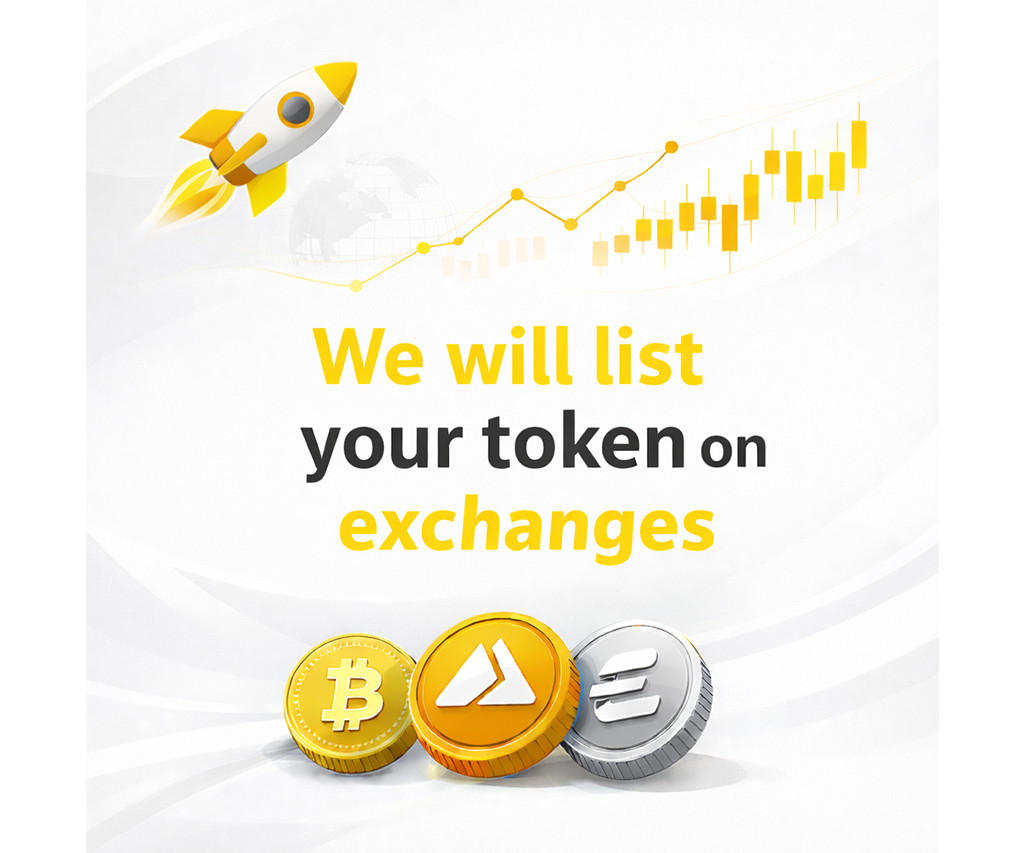 | Fetch.ai (FET) |
Status
ICO
IEO
At Fetch.ai we are accelerating research and deployment of emerging technologies, including blockchain and artificial intelligence; enhancing and optimizing solutions to everyday problems. The platform simplifies the deployment of algorithms, IoT and complex systems. By using a collective learning AI/ML architecture, we enable devices and software agents to find each other, learn from each other and exchange value with each other, enhancing and optimizing solutions to everyday problems through intelligent connectivity, machine learning and AI.
Important By investing in this business you agree to ourDisclaimer. All information including our rating, is provided merely for informational purposes. CryptoTotem does not provide investment advice.
What is Fetch.ai
Fetch.ai is a decentralized digital representation of the world in which autonomous software agents perform useful economic work. This means that they can perform tasks, such as deliveringdata or providing services, and are rewarded with a digital currency for their efforts — the Fetch.ai Token.
These agents can be thought of as digital entities: life-forms able to make decisions on their own
behalf as well as on behalf of their stakeholders (individuals, private enterprises and governments for
example). Fetch.ai's digital world is exposed to agents via its Open Economic Framework (OEF) and is
underpinned by unique smart ledger technology to deliver high performance, low cost transactions. The
ledger delivers useful proof-of-work that builds market intelligence and trust over time — growing the
value of the network as it is used. The Fetch.ai is interoperable and can be neatly interfaced to existing systems with minimal effort, allowing it to take advantage of the old economy whilst building the new: plug existing data in to
Fetch.ai and watch markets spontaneously form from the bottom up.
Applications: The applications of such technology are numerous. By bringing data to life, Fetch.ai solves one of the greatest problems in the data industry today: data can't sell itself. With Fetch.ai, it can: data is able to actively take advantage of any opportunity to exploit itself in the marketplace in an environment
that's constantly reorganising to make that task as easy as possible. Internet of Things (IoT) devices
inhabited by Fetch.ai agents can increase utilization by capitalizing on short-lived opportunities to sell the information that they possess in existing, as well as new, markets: an agent in a vehicle can provide
weather and road conditions by simply relaying the activity of its windscreen wiper and washer activity.
Fetch.ai's decentralized digital world enables the emergence of new marketplaces and allows this "unreal
estate" to place relevant markets near each other for ease of exploration. The ability of agents to serve
as representatives for data, hardware and services enables a better coordinated delivery of highly or
even loosely connected services such as transport and insurance. Fetch.ai creates a huge population of
digital data analysts and sales agents who can work together, alone, or with human or corporate masters
to reduce the cost of delivering complex solutions in our daily lives.
New opportunities: Fetch.ai's autonomous agents actively push their value out to those who need it or who unknowingly need it. The Open Economic Framework provides a digital world for them to inhabit
that grows in value as it is used: over time, the collective intelligence that is formed provides
unparalleled guidance allowing for high speed, high reliability transactions. The network's expanding
compute power provides all agents with the ability to gain new insights and understanding from their
data. With machine learning technology integrated throughout the system, from the ledger to the
agents themselves, it is a network that enables, encourages and deploys intelligence, and that actively
creates new knowledge. Entire new industries can be built from the development of autonomous agents as opportunities exist to replace human intermediaries with trusted digital agents. Previously unprofitable data and services become valuable with Fetch.ai, as the cost and friction of applying them is dramatically reduced. Data and hardware can now get up on their own two feet, get out there and sell themselves entirely free of human intervention.
The FET Token: There is a fixed number of divisible tokens that are used on the network as the digital currency for all transactions, as well as for network operations such as secure communications. Tokens can also serve as a refundable deposit for both nodes and agents wishing to perform certain operations (as a security mechanism that discourages bad behaviour). As Fetch.ai secures its foothold in the data, transport, services, and IoT industries, its token grows in demand as each sector makes a larger and larger contribution to the Fetch.ai network’s economic throughput.
Fetch.ai Roadmap
1
Q1, 2020
2
Q2, 2020
3
Q3, 2020
4
Q4, 2020
Token Sale Dates
Presale Period
Start date: Apr 03, 2018
End date: Jul 10, 2018
ICO
Start date: Feb 25, 2019
End date: Feb 25, 2019
IEO
Start date: Mar 02, 2019
End date: Mar 02, 2019
Token Allocation
Total Token Supply 1,152,997,575 FET
Total Tokens for Sale 69,179,855 FET
Funding Details
Hard Cap 6,000,000 USD
Funds Raised (as of now) 6,000,000 USD
Restrictions
Residents of the following countries are prohibited from participating
Afghanistan, Albania, Belarus, Bosnia and Herzegovina, Burundi, Central African Republic, Cote d'Ivoire, Mainland China, Cuba, Democratic Republic of Congo, Ethiopia, Guinea, Guinea-Bissau, Iran, Iraq, Lebanon, Liberia, Libya, Malaysia, Myanmar (Burma), North Korea, Republic of Macedonia (FYROM), Serbia, Somalia, South Sudan, Sri Lanka, Sudan, Syria, Thailand, Trinidad and Tobago, Tunisia, Uganda, Ukraine, United States of America, Venezuela, Yemen, Zimbabwe
Afghanistan, Albania, Belarus, Bosnia and Herzegovina, Burundi, Central African Republic, Cote d'Ivoire, Mainland China, Cuba, Democratic Republic of Congo, Ethiopia, Guinea, Guinea-Bissau, Iran, Iraq, Lebanon, Liberia, Libya, Malaysia, Myanmar (Burma), North Korea, Republic of Macedonia (FYROM), Serbia, Somalia, South Sudan, Sri Lanka, Sudan, Syria, Thailand, Trinidad and Tobago, Tunisia, Uganda, Ukraine, United States of America, Venezuela, Yemen, Zimbabwe
Token Price and Payment Options
Token price USD 1 FET = 0.0867 USD
Accepted Currencies BNB
Project team

Humayun Sheikh
Co-founder and CEO

Toby Simpson
Co-founder and CTO

Thomas Hain
Co-founder and CSO

Jonathan Ward
Senior Machine Learning Scientist

Troels Rønnow
Senior Software Engineer

Marcin Abram
Machine Learning Scientist

Chris Atkin
Digital Marketing Coordinator

Khan Baykaner
Senior Software Engineer

Peter Bukva
Software Engineer

Joshua Croft
Software Developer & Ecosystem Coordinator

Robert Dickson
Software Engineer

Richard Dybowski
AI & ML Research Strategist

Edward Fitzgerald
Senior Software Engineer

Ali Hosseini
Software Engineer

Nathan Hutton
Software Engineer

Sam Lovell
Social Media Coordinator

Katie Lucas
Senior Software Engineer

Jerome Maloberti
Machine Learning Engineer

Arthur Meadows
Commercialisation and Marketing

Catherine Moriarty
CAO

Patrick Motylinski
Senior Research Scientist

Sebastian Nickel
Machine Learning Engineer

Patrick Olden
Blockchain Research Engineer

Soren Riis
Research Scientist Consultant

Gary Wood
IT Manager
Advisors

Melvyn Weeks
Economics Advisor

Monique Gangloff
Scientific and Biotech Advisor






